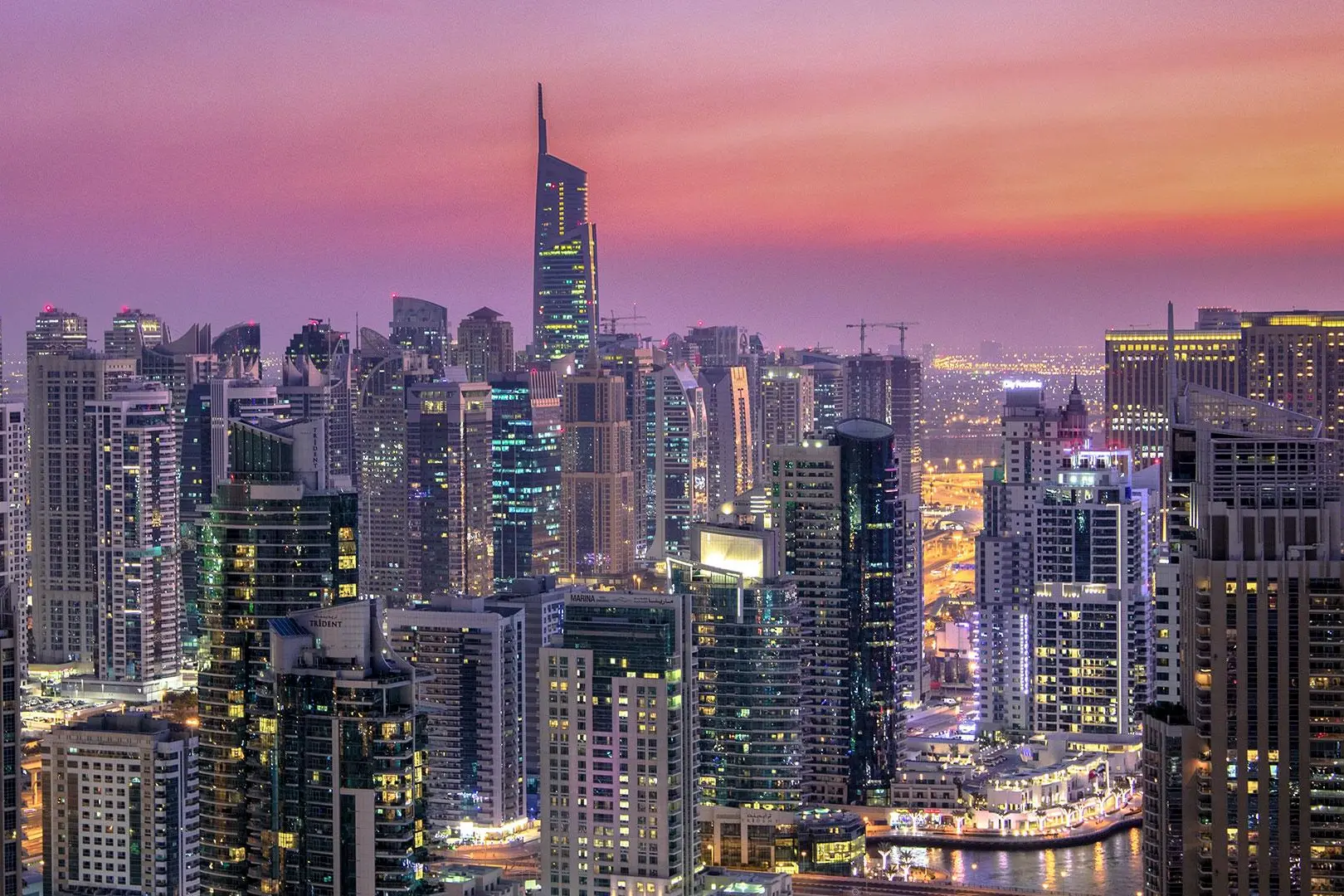PHOTO
Dubai’s non-oil private sector expanded marginally in August, and firms increased their employment levels in signs that the emirate’s economy is recovering from the COVID-19 pandemic,
The seasonally adjusted IHS Markit Dubai Purchasing Managers' Index (PMI) rose slightly to 53.3 in August from 53.2 in July, well above the 50 mark that separates expansion from contraction. The survey covers the Dubai non-oil private sector economy, with additional sector data published for travel & tourism, wholesale & retail and construction.
"The Dubai non-oil economy enjoyed another strong overall improvement in August, driven by a marked rise in output levels that was the fastest seen since September 2019. This suggests that the economy is solidifying its recovery from the pandemic, especially as a relaxation of travel measures drove tourism numbers higher and boosted consumer demand,” said David Owen, Economist at IHS Markit.
The Output Index, a key component, jumped to its highest reading since September 2019, to signal a sharp expansion in non-oil output. “Where activity increased, firms often linked this to improving new business volumes as the economy recovered from the pandemic. That said, the overall pace of new order growth eased slightly since the start of the third quarter,” the report said.
In addition, due to the uncertainty over the stability of customer demand, companies discounted their output charges for the second month running, in spite of higher input costs.
Growth was driven mostly by the travel & tourism category in August, with businesses seeing the sharpest increases in activity and new work in over two years as looser travel restrictions attracted visitors.
Looking ahead firms were slightly more confident in August compared to the prior three months on expectations of increased new business arising from Expo 2020, easing COVID-19 restrictions and the ongoing vaccination programme.
"Dubai will also stand to gain from the Expo 2020 later this year, which businesses hope will drive spending and growth even higher. With this in mind, firms expanded their staff capacity in August, leading to the sharpest rise in employment since late-2019," said Owen.
Non-oil companies saw higher staffing levels midway through the third quarter; the pace of job creation most marked since November 2019, as firms looked to rebuild staff capacity in response to greater sales volumes and backlogs of work, HIS Markit said.
(Reporting by Brinda Darasha; editing by Seban Scaria)
Disclaimer: This article is provided for informational purposes only. The content does not provide tax, legal or investment advice or opinion regarding the suitability, value or profitability of any particular security, portfolio or investment strategy. Read our full disclaimer policy here.
© ZAWYA 2021





















